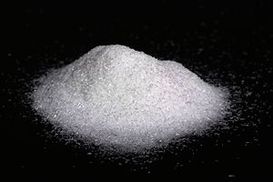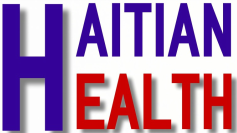 In all cultures, stories have played a vital role in the sharing of ideas, memories, and wisdom among community members. In infancy, childhood and adulthood, humans have always been fascinated by stories that resonate with them and create these feelings that are likely to have either a short or long-lasting impact on their lives. Thus, several researchers teamed up to explore the usefulness of storytelling to influence the level of knowledge, attitude, and behavior of patients in regards to their lifestyle managements.
0 Comments
 Monosodium glutamate (MSG) is the sodium salt of glutamic acid, an amino acid that is found in many protein-rich foods and involved in many physiological and metabolic functions in the human body [1,2,3]. Its artificial equivalent was invented in 1908 to be used as an additive to enhance food flavor [4]. Since then, monosodium glutamate (MSG) has been manufactured, marketed, sold, and consumed worldwide as a chemical seasoning in the homes, restaurants, and in processed foods [4]. Nowadays, most of the monosodium glutamate commonly found in seasonings (e.g., Maggi bouillon cubes and Accent powder) is produced by bacterial fermentation [5,6,7]. Worldwide, in recent decades, its production and consumption have steadily increased [3,8]. Although “several concerns about the safety of food additives”, particularly MSG, “exist among the general public and health professionals”, including the addition of “unwanted sodium to the diets of persons afflicted with hypertension”, monosodium glutamate has been considered safe under the Generally Recognized as Safe (GRAS) rule [9]. However, several recent studies have provided more documentation of the health effects and environmental hazards associated with the exposure to this chemical.  Based on the latest statistics, Haitians comprise the “second largest black immigrant population” [1]. This ethnic group, like many other ethnic groups of people of African descent, are disproportionally affected by high blood pressure in the United States. Hypertension is not only a priority, but also a major contributor of health disparity in Haitian communities [1,2]. As reported in several studies, there is a prevailing mismanagement of this condition by many community members who end up experiencing high morbidity and mortality rates. |
Mickelder Kercy, M.D. M.S.I learned about the art and science of medicine and was introduced to the community and population-based aspects of public health at the Université Notre Dame d'Haiti. My early practical interventions in the field of public health during medical residency in Haiti fostered my interest in pursuing additional academic training in public health. At Columbia University in the City of New York, I specialized in Public Health with a minor focus on Community Health Education. My special interest is in non-communicable chronic diseases, and the social-ecological approach to health education and promotion in secular and faith-based communities. Archives
October 2017
Categories
All
To subscribe to our blog and receive notifications of new posts by email
|


 RSS Feed
RSS Feed
